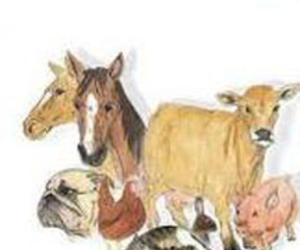Cuba-Venezuela Projects Benefit Animal Health
- Submitted by: manso
- International
- 05 / 10 / 2011

2011.05.08 - 17:37:24 /radiorebelde.icrt.cu. Havana, Cuba.- Cooperation projects between Cuba and made it possible to train South American producers, technicians and specialists in the control of pests and diseases affecting animals and plants.
These exchanges favor mutual assimilation of technologies and the obtaining of new products and services of high added value, asserted on Friday Master of Sciences Tania Rivas, of the National Center for Plant and Animal Health (CENSA), one of the Cuban institutions participating in the program since 2005.
Rivas, who attended the International Seminar on Plant and Animal Health held this week in Havana, explained that Cuban specialists visited citrus and vegetable producers in several Venezuelan states, in order to establish sustainable productions of biological controllers and promote agro-ecological management techniques.
This working party isolated 18 nematodes of the soil as promising candidates for pest control, and established the methodology to breed them under quality management system regulations.
Consolidated scientific results obtained by the CENSA have been transferred to Venezuelan institutions, like Stabilak, a product aimed at keeping -without refrigeration- the quality of whole milk from cows, goats and buffalos.
These projects have great impact on the scientific and technical training of the staff, and set a precedent for cooperation in higher education, with possibilities to expand it to other countries in the region.
The center’s general director, Lydia Tablada, pointed out that there are presently 22 projects under way with Venezuela, while arrangements are being made with homologous entities from Canada, Mexico, Spain, France, the United Kingdom, Germany and Sweden.
The United Nations Food and Agriculture Organization, the International Atomic Energy Agency and the Pan-American Health Organization, among others, maintain relations of cooperation with the CENSA, commented the official. (ACN)
Comments